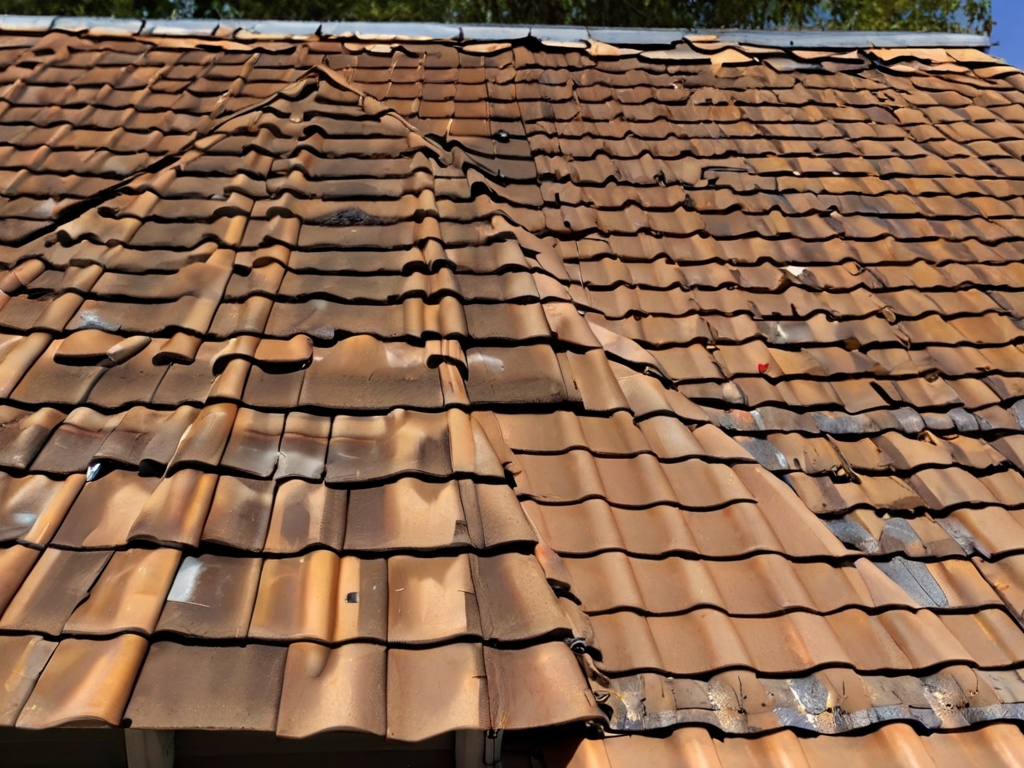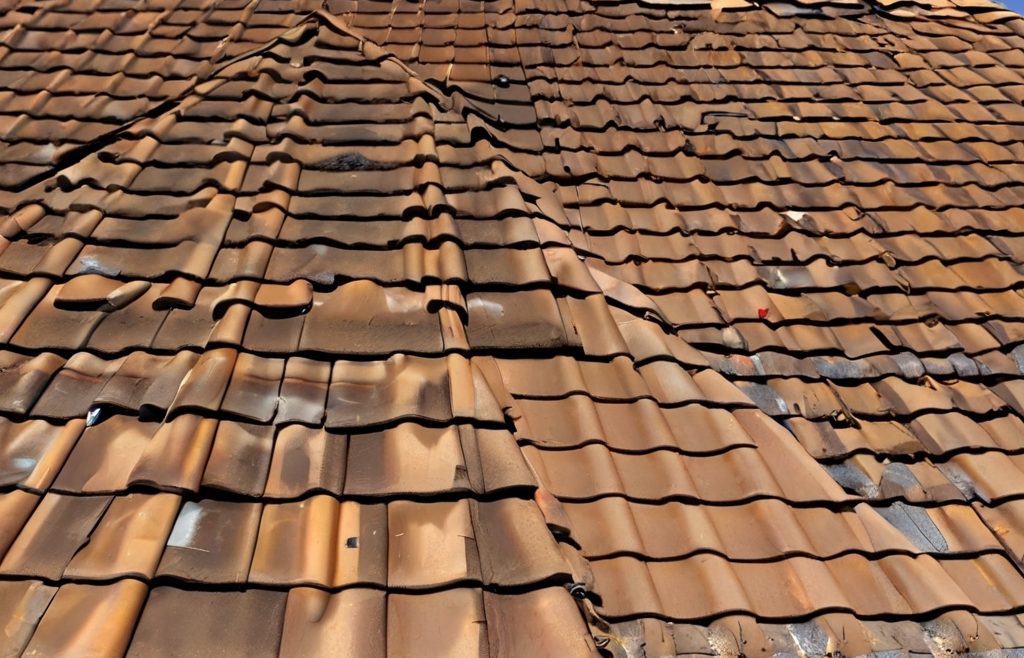If you’re a homeowner asking, “Can I replace my own roof in Texas?”—especially from afar in places like West Palm Beach, Florida—you’re likely juggling property management responsibilities, legal concerns, and budgetary decisions across state lines. Whether you’re a seasonal resident, an out-of-state investor, or just a curious DIY enthusiast with property in the Lone Star State, it’s essential to understand the Texas roofing laws, permits, liability risks, and long-term consequences of doing it yourself.

Let’s break down whether replacing your own roof in Texas is legal, advisable, and practical—and why West Palm Beach property owners should pay close attention.
1. Is It Legal to Replace Your Own Roof in Texas?
In short: Yes—but with caveats.
Texas does not require a state license for roofing contractors, which often leads to confusion. However, homeowners are allowed to replace their own roofs, provided they own the property, reside in it, and follow local building codes.
But here’s the catch: different municipalities and counties have varying permit requirements. For example:
- Austin and Dallas may require a permit and inspections.
- Houston and San Antonio might have looser requirements.
- Rural areas may not require permits at all.
So, legally, you can replace your own roof in Texas, but you must check the local code enforcement office or the city development services department before you even pick up a nail gun.
2. Do You Need a Permit to Replace a Roof in Texas?
Permits = Local jurisdiction, not state-wide mandates.
Many homeowners make the mistake of assuming Texas is the Wild West when it comes to roofing. While it’s true that the state doesn’t have strict roofing licenses, permit requirements vary by city. For example:
- In Plano, TX, re-roofing often requires an inspection for proper ventilation and materials.
- In Travis County, permits may not be required for simple shingle replacement but are needed for structural changes.
Failure to obtain the right permits can result in:
- Fines
- Problems during property resale
- Insurance coverage denials in the event of damage
3. Can You Replace a Roof Without Insurance in Texas?
Here’s where risk management becomes essential.
If you’re DIY-ing your roof, be aware:
- Most homeowners insurance policies in Texas will not cover damage caused by improper installation or negligence.
- If you or someone else gets injured during the roofing process, liability coverage may not apply.
- Roof warranties—on shingles or materials—often require professional installation to remain valid.
In contrast, hiring a licensed roofing company (even in a no-license state like Texas) typically ensures the work is insured, warrantied, and code-compliant.
4. DIY Roofing Risks: Should You Even Try It?
Even though it’s legal, here are serious risks involved in replacing your own roof:
a. Physical Danger
- Roof work involves heights, ladders, and power tools.
- Falls from roofs are among the leading causes of DIY-related deaths in the U.S.
b. Structural Mistakes
- Improper nailing, incorrect flashing, or poor ventilation can lead to leaks, mold, and structural damage.
c. Code Violations
- Failure to meet local codes can cause issues during resale or even insurance claim denial.
If you’re managing a property in Texas from West Palm Beach, Florida, attempting DIY roof replacement from afar is not only impractical—it’s potentially dangerous and costly.
5. Why West Palm Beach Homeowners Should Be Cautious
West Palm Beach is a hotbed for property investors and retirees, many of whom maintain dual-residency or own rental properties in Texas. If that’s you, here’s why you should think twice before DIY:
- Distance = Delayed oversight. You won’t be able to manage a roof job from 1,200+ miles away.
- Tenant safety = Legal liability. An improperly installed roof could hurt someone or cause major damage.
- Insurance carriers in West Palm Beach are already tightening roofing standards—especially after hurricane seasons. If they find out you’re cutting corners on a Texas roof, expect higher premiums or dropped policies.
6. Best Practices If You Still Want to DIY
Still determined to replace your own roof? Here are some essential steps to take:
- Verify Local Requirements: Contact the building department in the Texas city or county where the property is located.
- Pull Permits (If Needed): Don’t skip this. Permits provide a record that work was inspected.
- Use Proper Safety Gear: Invest in harnesses, roof jacks, and OSHA-recommended tools.
- Study Local Codes: Focus on ventilation requirements, material specs, and nailing patterns.
- Document Everything: Photos, receipts, and permit documents will help if you ever need to file an insurance claim or sell the home.
7. When to Hire a Professional Texas Roofer Instead
For West Palm Beach residents who value peace of mind (and their free time), hiring a reputable roofing contractor in Texas makes far more sense. Here’s why:
- They know local codes and climates (yes, Texas gets hailstorms).
- They offer labor warranties and product guarantees.
- They typically carry general liability and workers’ comp insurance.
- Many even offer remote estimates and photo documentation for out-of-state clients.
When hiring, look for:
- Membership in the Roofing Contractors Association of Texas (RCAT)
- Google reviews and BBB ratings
- Proof of insurance and past work
8. Final Word: Just Because You Can Doesn’t Mean You Should
Yes, you can legally replace your own roof in Texas. But if you’re living in West Palm Beach, FL, and trying to manage property long-distance, the smarter play is to hire a professional, ensure compliance, and protect your investment.
Roofing isn’t just about shingles—it’s about safety, strategy, and long-term value.
